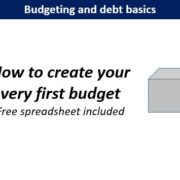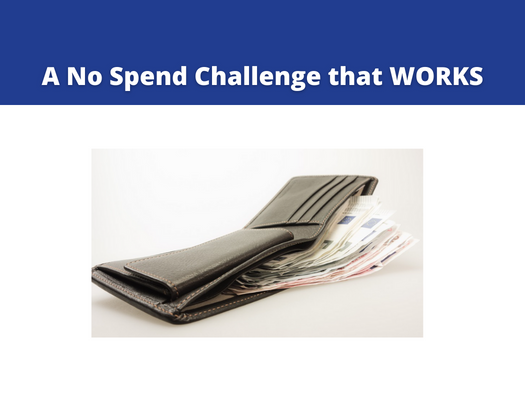So you’ve created your first budget, and you’ve been tracking for a few months. Still, you find it very difficult to be meeting your budget, month after month. You get frustrated, and now you want to give up. Now is not the time to do that! There might be other reasons. Here are some of the most common ones I’ve observed when coaching.
1. You’re not tracking frequently enough
In my first budget post I recommend that people track at least once a week. But sometimes, you might need to track daily. It feels annoying to do it. It is time consuming. But remember that you are also spending your hard-earned money – money that you earned with your precious time. Doing a little bit of tracking each day, can help you keep more of your money at the end of the day.
2. Your budget did not have realistic numbers
I see a lot of people send me their “ideal budgets”, ones where it looks like they are able to save hundreds of dollars a month. Yet, they will also tell me that they live paycheck to paycheck. The reality is that, many people under-budget, and then constantly over-spend the budget. This builds up a cycle of frustration, and then you spend some more. In these scenarios my top suggestion is to bring your budget estimates closer to your actual spending, instead of your ideal spending. Sure, that might mean you save less each month, but it also eliminates the stress of seeing your numbers not hit the target.
3. You forgot about some major, one-time expenses
Those annual costs are pesky! I once had a family forget to account for an annual bill that was almost $1,000. The hard thing about these is that if you have never tracked your spending before, you won’t get to this situation, until it happens. Forgive yourself, add it to your budget, and keep going. We all make mistakes like these. Your budget is a living, breathing document – and it is meant to evolve over time.
4. You’re in an emergency situation where it is not realistic to budget
I most commonly see this for people in an unexpected health situation, but there are many emergencies that can happen. In general, this is why it is so important to have an emergency fund for times like these so that you draw from your emergency fund instead of your usual paycheck to pay for this item. Your monthly numbers will look higher than normal, but don’t fret, this happens! In retrospect you will be able to say, “that month I spent a lot because of [this event]” instead of saying, “that month I spent a lot because I failed”. Having an emergency does not mean that you have failed. It just means that your life experience is human, and random bad things can happen to all of us.
5. You did not create sinking funds
Similar to #3, sometimes, you have to build in a shorter-term saving fund to allow you to pay for months that can be temporarily higher in cost. This can include holiday gifts, heating in winter months, cooling in summer months, high-travel months, months when you might need to pay for more childcare, etc. I often recommend that you keep your sinking fund as a separate line item from your normal monthly spending in order to allocate enough money towards it.
———-
Not keeping to a budget successfully for a few months is not the end of the world. It just means that it is important to take some time to slow down, re-evaluate your spending and how you budgeted, create a more realistic budget, and give yourself grace to get back on track. Click here to get my First Budgeting Spreadsheet for those who are new to budgeting. Use “freespreadsheet” to get it for free, or buy it to help support this blog!










